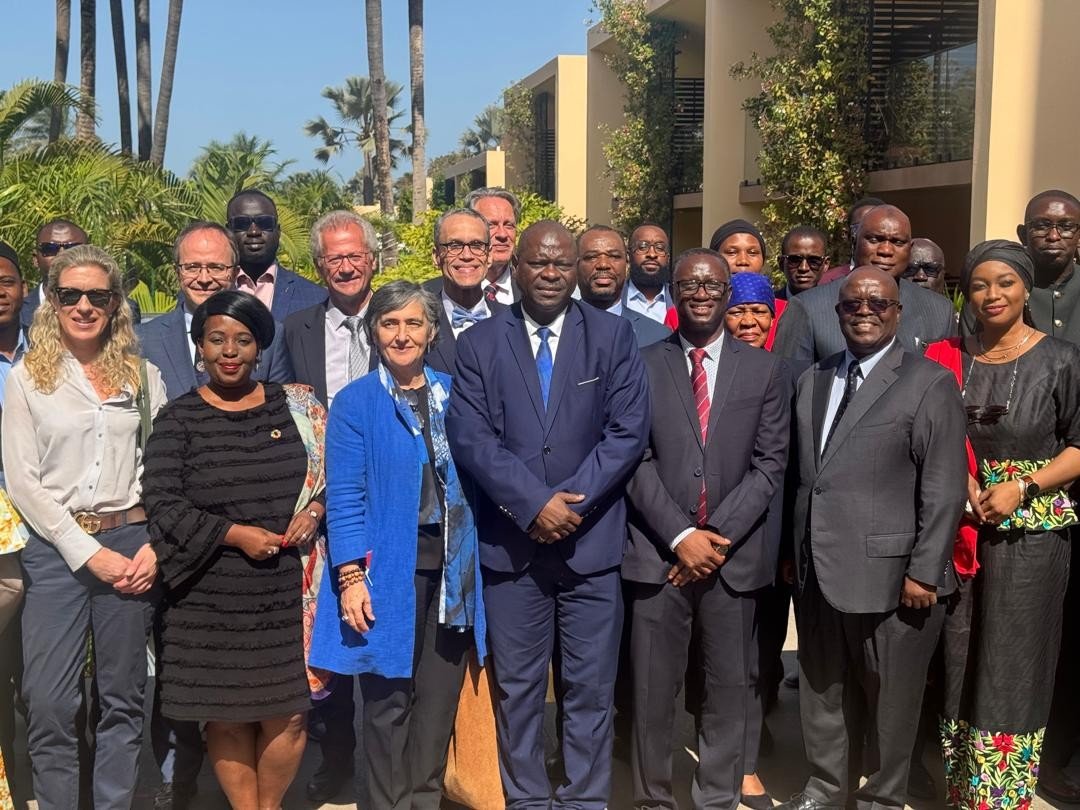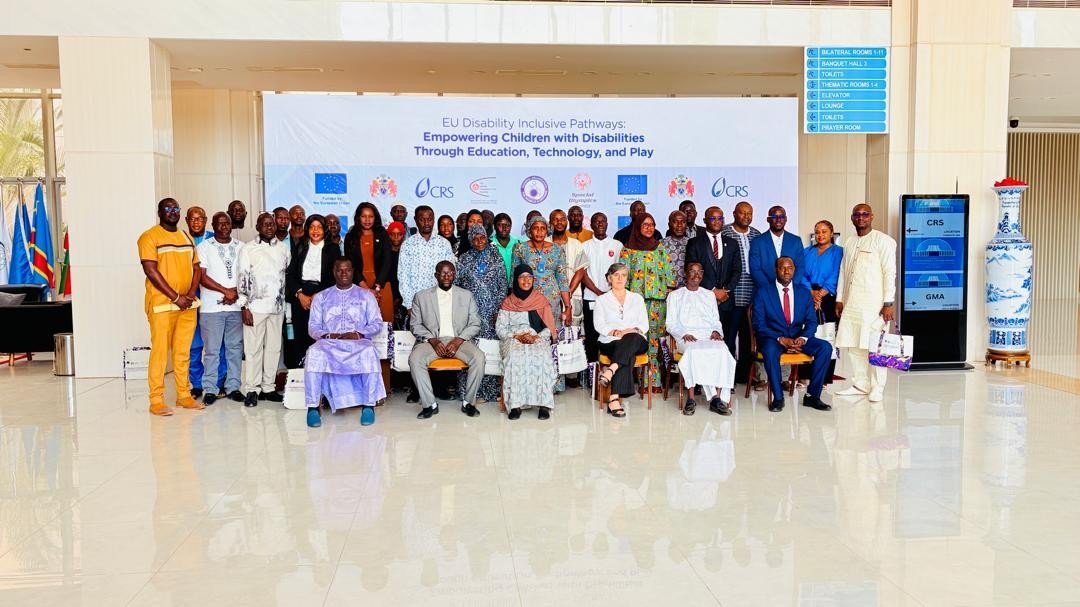Minister of Higher Education, Research, Science and Technology, Professor Pierre Gomez, Friday presided over the validation of the Technical and Vocational Education and Training (TVET) Graduates Tracer Study Report for 2024.
The validation programme was held at the Sir Dawda Kairaba Jawara International Conference Centre in Bijilo.
The project, funded by the World Bank through the RISE Project under the Central Project Coordination Unit (CPCU) at the Ministry of Finance and Economic Affairs (MoFEA), aims to provide an evidence-based evaluation of the outcomes of TVET programmes in The Gambia, contributing to the improvement of the TVET sector.
In her welcoming remarks, the Permanent Secretary of the Ministry of Higher Education, Research, Science and Technology, Ambassador Jainaba Jagne, expressed heartfelt appreciation for the continuous support and collaboration of stakeholders. She acknowledged the diligent work of the Ministry’s Technical Working Group in reviewing the study process and emphasised the importance of the findings in transforming The Gambia’s TVET system to meet the needs of citizens and the demands of the economy.
Delivering the opening remarks at the validation, Minister of Higher Education, Research, Science and Technology, Professor Pierre Gomez, stated that finalising the report was a critical milestone in the collective effort to transform TVET in The Gambia.
He emphasised government’s commitment to building a skills-driven economy, ensuring that every young Gambian has access to quality training, meaningful employment, and sustainable livelihoods.
Under the leadership of President Adama Barrow, he said, the government had prioritised youth empowerment through TVET as a key pillar of national development. He added that the government had continued to expand TVET opportunities, invest in training infrastructure, and enhance partnerships with the private sector.
“The TVET Graduate Tracer Study provides an empirical foundation to guide policy reforms and institutional strategies aimed at skilling, upskilling, and reskilling the workforce,” he said, adding that the findings offered valuable insights into employment trends, industry needs, and the impact of TVET programmes on graduates’ career trajectories.
Jacob Sanwidi, an education expert of the Africa Labour Group (ALG), disclosed ongoing research efforts, including the “Decentralised Policies Review Study”, and expressed a commitment to advancing policy development in The Gambia.
Ndey Anta Taal, Project Coordinator at the CPCU under the Ministry of Finance and Economic Affairs, emphasised the importance of rigorous inquiry and empirical assessment in refining educational frameworks to meet the dynamic demands of an evolving labour market.
She said findings from the study would serve as an indispensable repository of knowledge, shaping the discourse on TVET effectiveness and providing a nuanced understanding of its impact on economic development.






